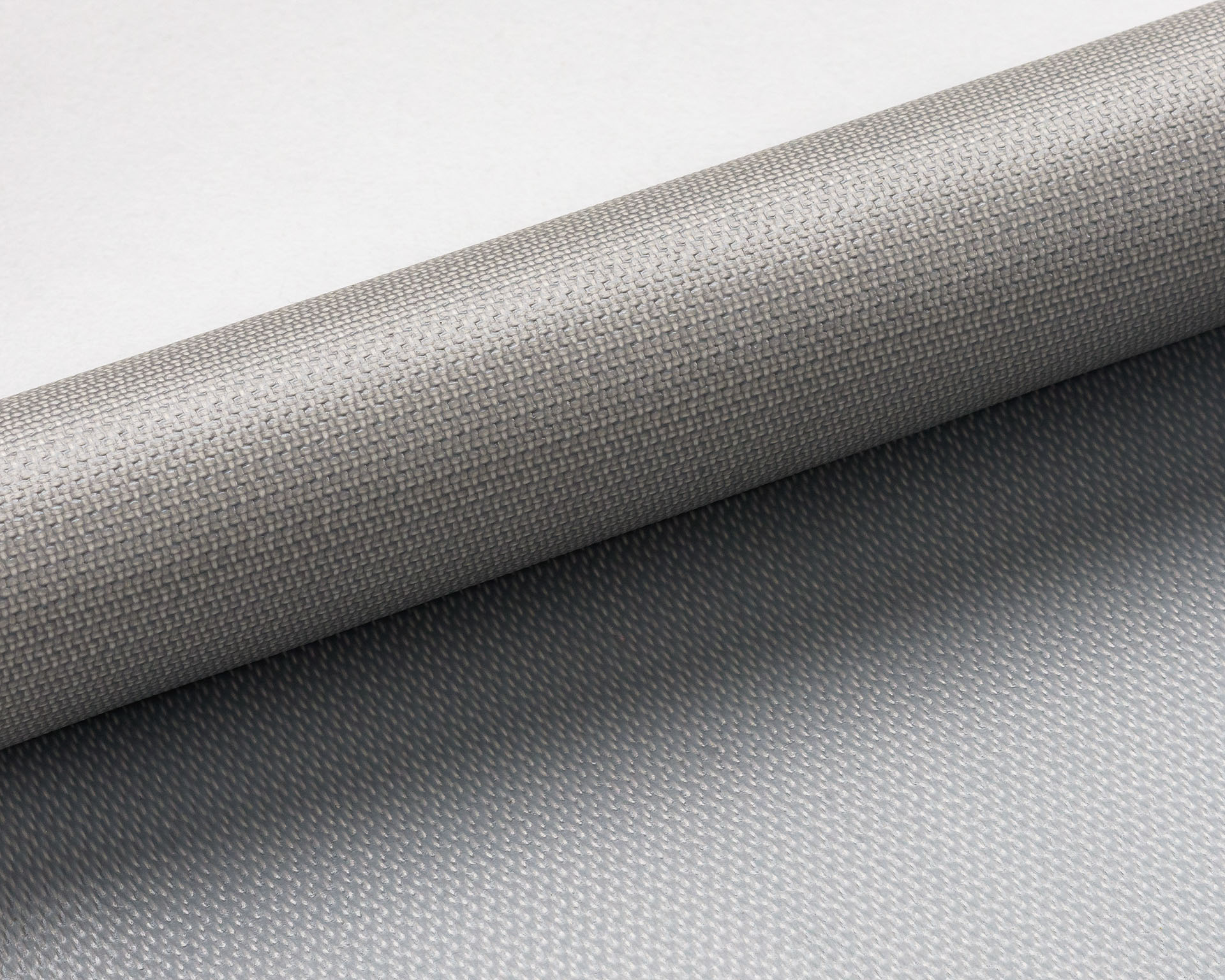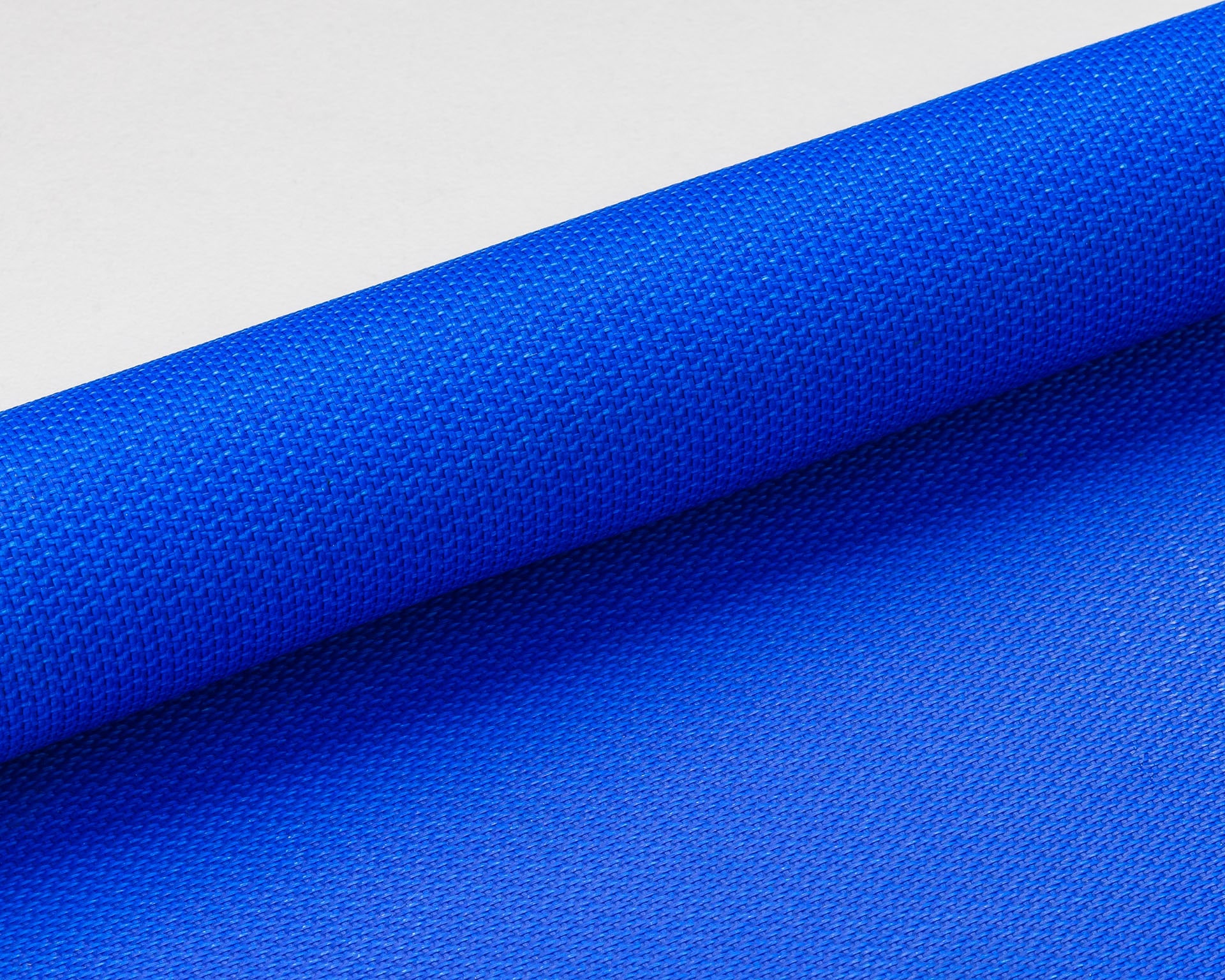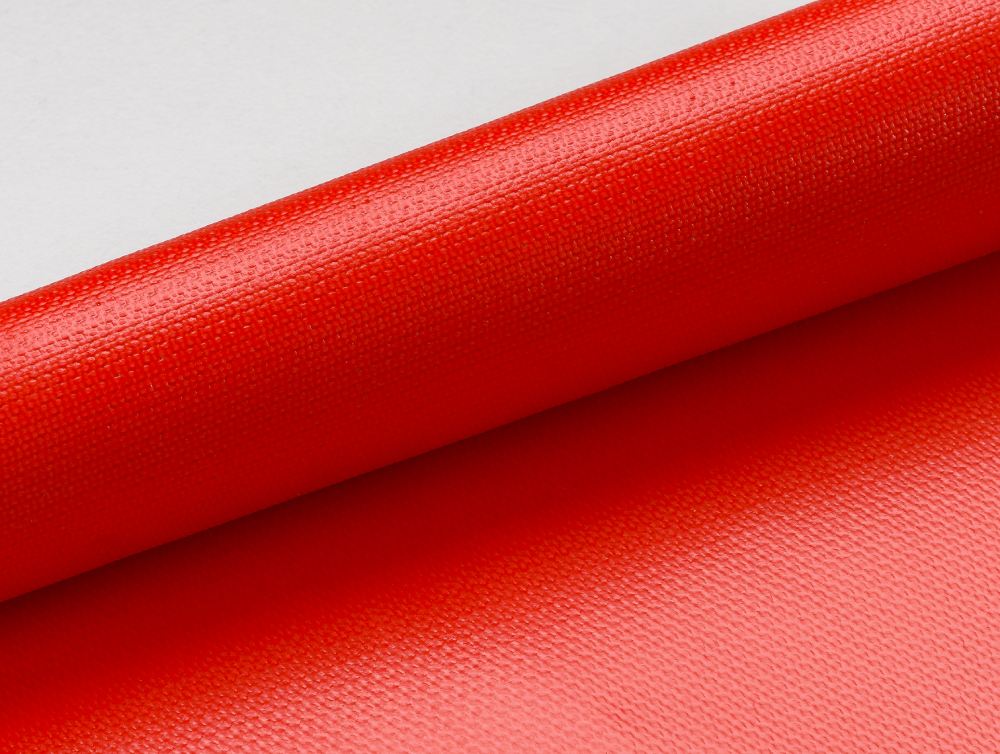PVC (polyvinyl chloride) coated glass fabric
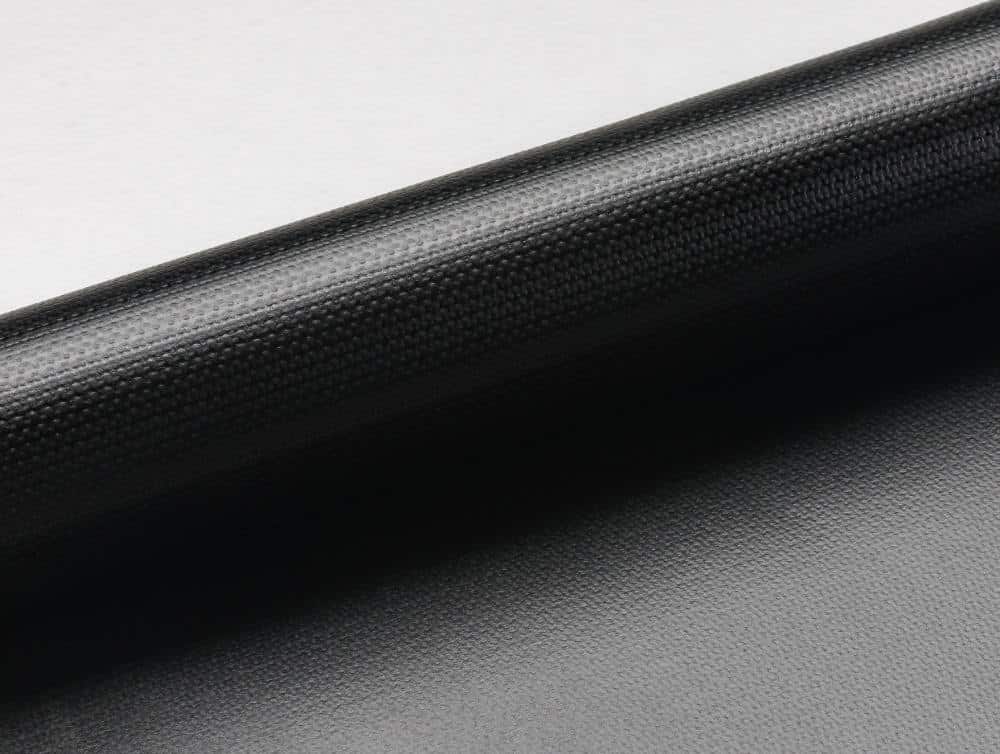
Apronor >
To increase its performance, glass fabric can be treated with a PVC or polyvinyl chloride coating. This protective layer makes it :
- waterproof and dustproof,
- more resistant,
- versatile, making it suitable for a wide range of uses, particularly in industry.
This technical textile is classified M1 and is available in 4 colours in our Apronor catalogue – grey, blue, red and black – for the French market and for export. Thanks to its twill weave and its thickness of 0.65 mm, it is resistant to high temperatures, breaking and tearing. As a result, it doesn’t warp easily, and all you need to do to assemble it is simply weld it together.
An insulating, non-flammable technical textile with M1 classification
PVC-coated glass fabric combines the performance of glass fibre – a natural, non-toxic material – with a polyvinyl chloride coating. So it is :
- resistant to high temperatures ;
- insulating ;
- resistant to many chemical agents ;
- gas-tight and liquid-tight ;
- solid ;
- flame-resistant.
PVC was chosen as the coating material, because it is made up of more than 50% mineral matter, namely salt. It lasts longer than other plastics, and its performance stays stable over time.
This fabric also conforms to current standards and has been classified M1. In the case of fire, it is non-flammable and burns down without causing any fire or dripping. To obtain this certification, which is delivered by independent laboratories approved by the Ministry of the Interior, it has been subjected to a number of tests.
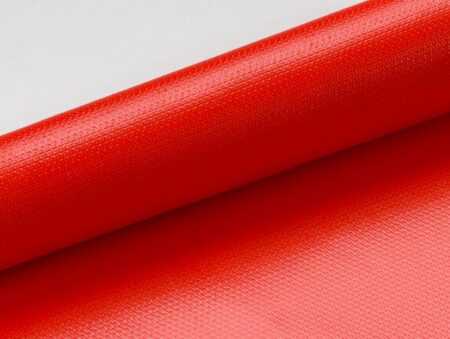
Applications of this temperature-resistant fabric
Due to its M1 certification and its technical characteristics, PVC-coated glass fabric has high chemical resistance and can withstand high temperatures. Today, it is mainly used by our French and international customers in the following areas:
- foundry ;
- steel industry ;
- glass industry ;
- thermal insulation and insulation ;
- fire and heat protection.
It is used, for example, in the manufacture of protective tarpaulins, dividing screens, ventilation ducts and protective blankets.
To find out more about this product and the references offered by Apronor, and to receive a quotation, please contact us.
- Incombustible
- Résistance à la température
- Isolant
- Matériau naturel
- Ecologiquement pur et non-nocif pour la santé humaine
- Fonderie
- Isolation thermique et calorifugeage
- Sidérurgie
- Industrie du verre
- Protection contre la chaleur
- Protection incendie
Le polychlorure de vinyle, appelé communément PVC, est un matériau fusible utilisé notamment dans des process d’enduction sur textile. Cette enduction apporte une étanchéité à l’eau et à la poussière. Le tissu enduit de PVC peut être assemblé par soudure, apporte une étanchéité et une rapidité d’assemblage.




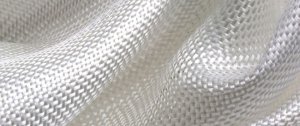 Glass fabric
Glass fabric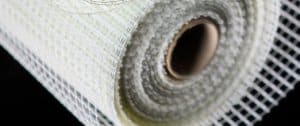 Glass fiber mesh
Glass fiber mesh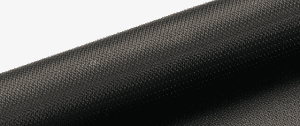 PTFE coated glass fabrics
PTFE coated glass fabrics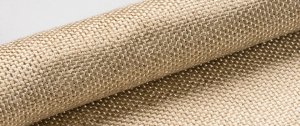 Caramelised glass fabrics
Caramelised glass fabrics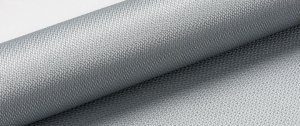 Polyurethane-coated glass fabrics
Polyurethane-coated glass fabrics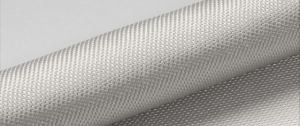 High temperature glass textiles
High temperature glass textiles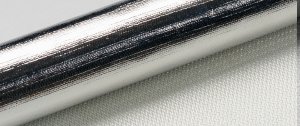 Glass fabrics + aluminium lamination
Glass fabrics + aluminium lamination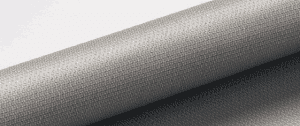 PVC coated glass fabrics
PVC coated glass fabrics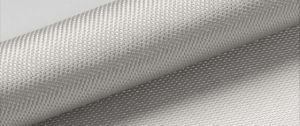 Ecru silica Fabrics
Ecru silica Fabrics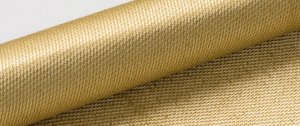 Vermiculite silica Fabrics
Vermiculite silica Fabrics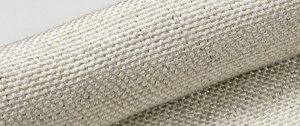 Steel reinforcement (V4A) silica Fabrics
Steel reinforcement (V4A) silica Fabrics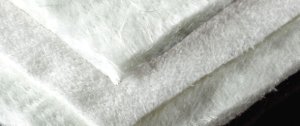 Glass needle felts
Glass needle felts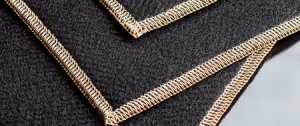 Panox Welding Black® needle felts
Panox Welding Black® needle felts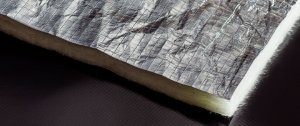 Glass needle felts + aluminium lamination
Glass needle felts + aluminium lamination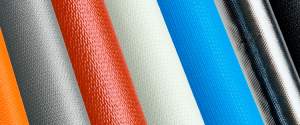 Technical fabrics
Technical fabrics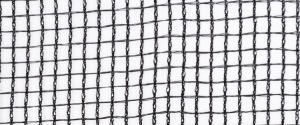 Technical nets & films
Technical nets & films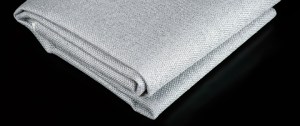 Protective fabrics
Protective fabrics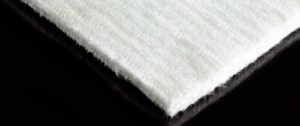 High temperature insulating felts
High temperature insulating felts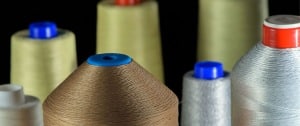 technical sewing threads, ribbons
technical sewing threads, ribbons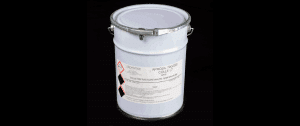 Adhesives and technical glues
Adhesives and technical glues Passive fire protection
Passive fire protection